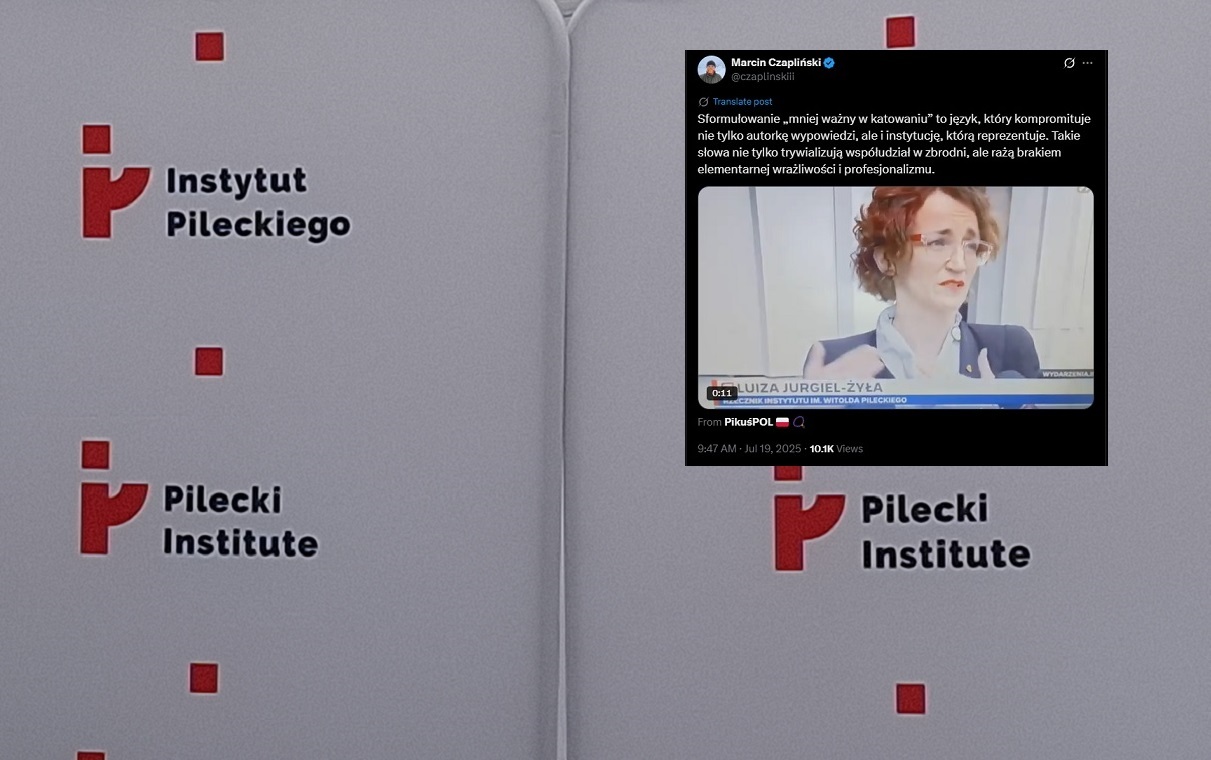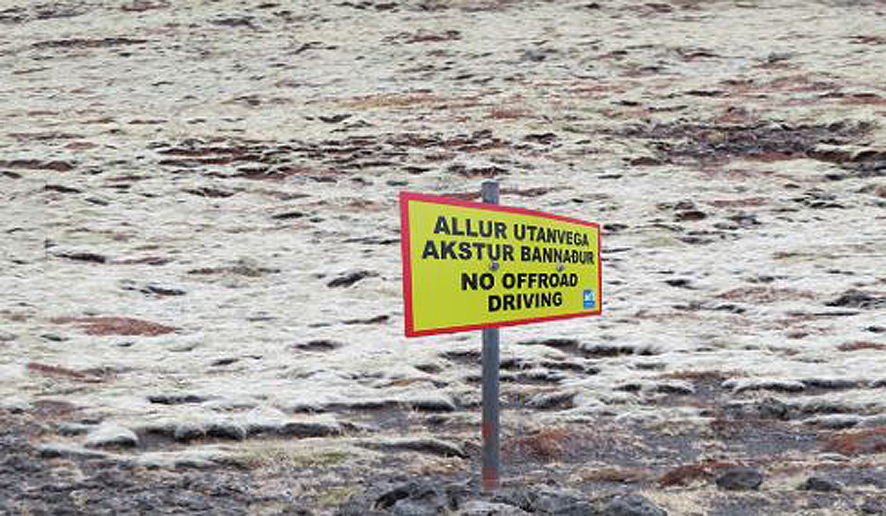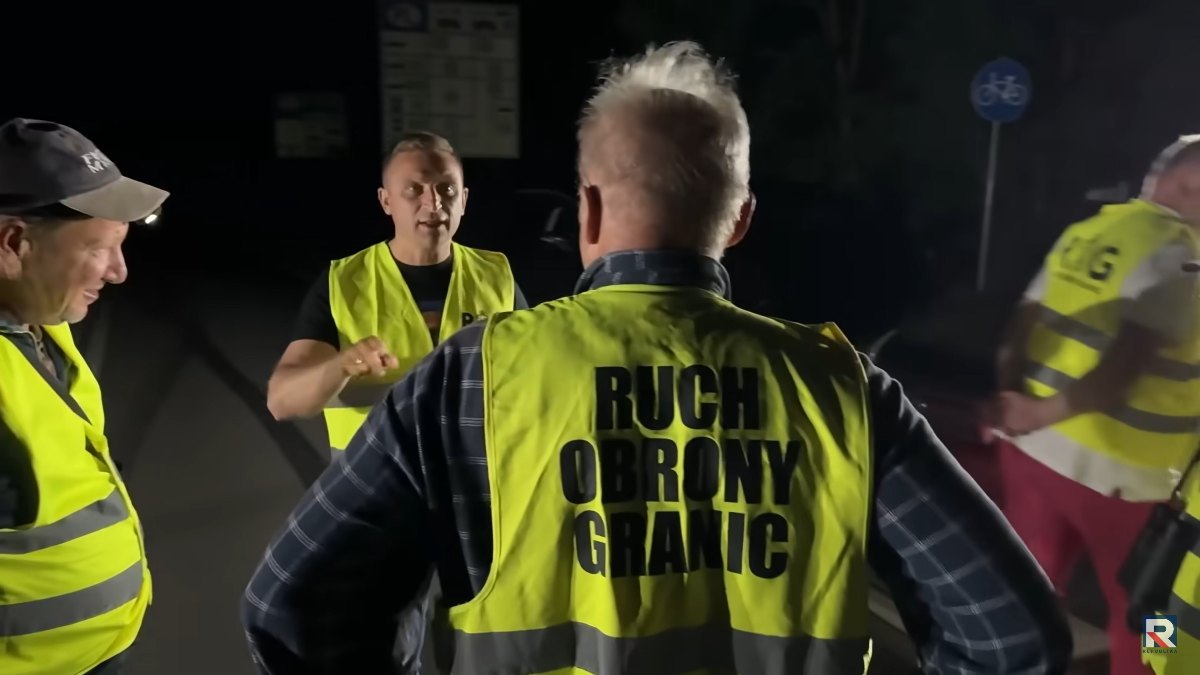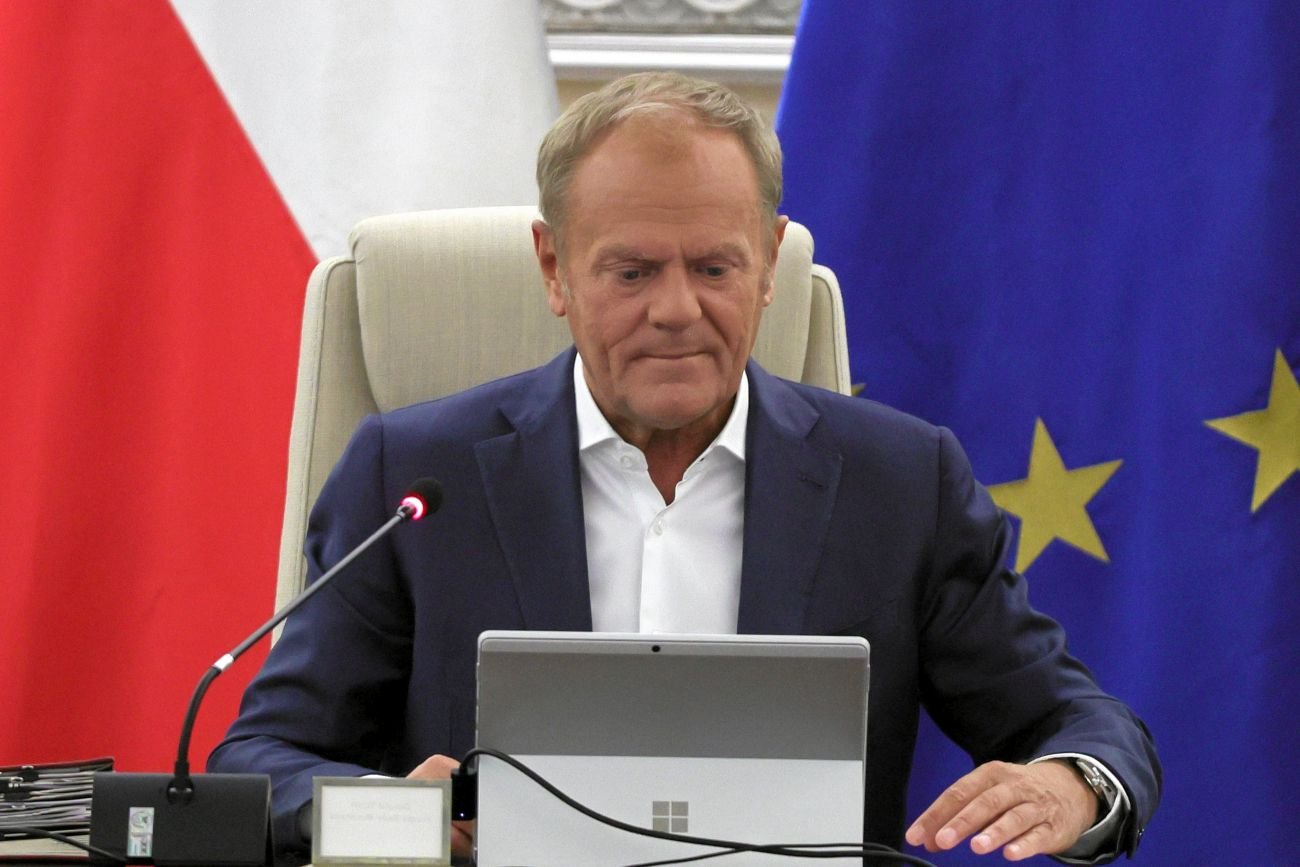
National Anti-Trump „Good Trouble” Protests Fizzle With Little Fanfare
The establishment media has taken on a new role in recent months; rather than reporting on events that already happened progressive outlets are promoting events before they happen. Specifically, the media has taken on the role of protest organizer in the Trump era in an attempt to rally the public to show up and fill out otherwise dwindling activist attendance.
The slowdown in leftist protests has „coincidentally” occurred at the same time as the shut down of easy federal funds supplied by agencies like USAID. The monetary incentives for professional provocateurs is drying up.
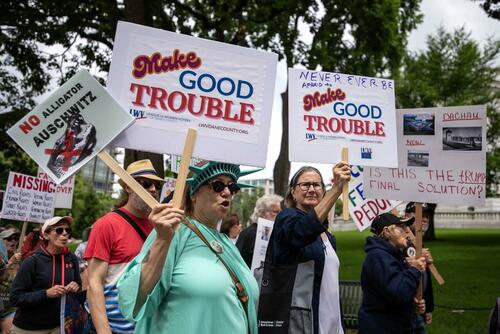
This means the political left is now forced to rely on actual grassroots participation, and it’s not working out well for them. Corporate news platforms have been pivoting into protest organizing as a stopgap, publishing maps and schedules for events with minimal success.
A recent interview between NewsNation’s Brian Entin and Adam Swart, CEO of an activist group called „Crowds on Demand” revealed that an unnamed organization offered Swart’s company $20 million to recruit demonstrators for upcoming anti-Trump protests on July 18th. Swart noted:
„We had to reject an offer worth around $20 million for nationwide, large-scale demonstrations across the country. Personally, I don’t think it’s effective. I’m rejecting the contract not because I don’t want the business, but because, frankly, this is going to be ineffective and make us all look bad…”
The CEO of “Crowds on Demand” tells me he was offered $20,000,000 to recruit demonstrators for the anti-Trump protests on Thursday. pic.twitter.com/2A6ezwo0cc
— Brian Entin (@BrianEntin) July 15, 2025
The event he is referring to is the „Good Trouble” protest which took place this Thursday. Similar to the less than successful „No Kings” protests, Good Trouble is funded by an army of NGOs. But without federal cash the reach of such organizations is greatly diminished. Good Trouble partners include:
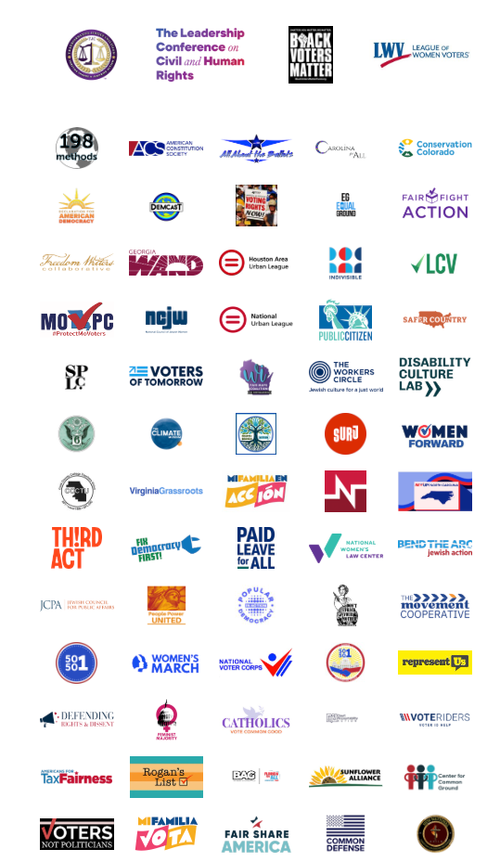
Activist rhetoric focused mainly on Trump’s deportation policies, which they claim are a violation of „immigrant rights” (illegals do not have any right to stay in the US and can be removed for any reason). Good Trouble rallies were primarily limited to a handful of deep blue cities and attendance was low. Organizers in Denver, CO, for example, noted that they only brought in 2000 attendees – Far lower than the 10,000 protesters they were expecting.
Around 300 protesters showed up in Madison, WI. Organizers said they are protesting the “most brazen rollback of civil rights in generations”, though they did not specify what rights Trump has take from American citizens.
The Chicago event drew „hundreds” of protesters, though no concise numbers were provided and crowds on the scene were small. Another trend which many have noticed with progressive events in 2025 is the presence of large numbers of aging activists. The crowds are often rife with people of the „boomer” variety – A big change from 2020 and the BLM riots when younger protesters were the majority.
One theory asserts that retirees don’t have to take off work to attend rallies and are willing to show up for less money. Younger career activists demand larger payoffs and have stricter schedules.
The Good Trouble protests hardly registered as a blip on the social media radar and one would barely know they happened except for the extensive coverage provided by legacy news networks. The dwindling activity of the woke left raises questions on how much previous mass protests and riots were actually engineered using vast government funds and marketing influence.
Tyler Durden
Sat, 07/19/2025 – 13:25









